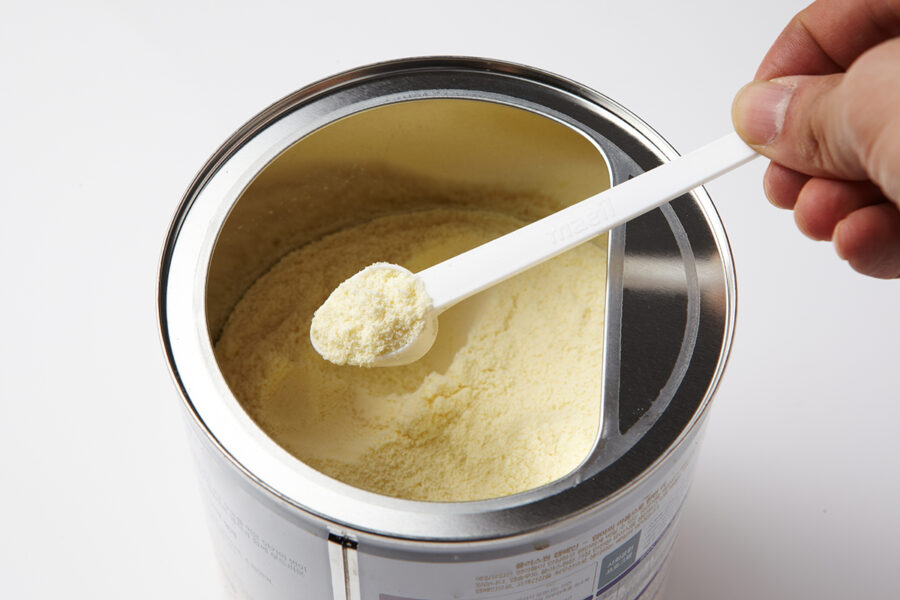The Government will not sign up to new trans-Tasman standards on infant formula, which includes tougher labelling requirements.
Under the proposed standards, which are more than 400 pages long, manufacturers would no longer to be able to put perceived added benefits on the front of their formula tins. Instead of the joint standard with Australia, New Zealand will now implement its own standard for infant formula over the next five years.
The SMC asked experts to comment.
Dr Mariana Muelbert, Research Fellow, Liggins Institute, University of Auckland, comments:
“The recent government decision to opt out of the Australia-New Zealand joint infant formula standard is a step in the wrong direction and unfortunately shows susceptibility to dairy industry lobbying. New Zealand only partially complies with the International Code of Marketing of Breastmilk Substitutes (the Code), and Proposal P1028 would have addressed many legislative shortfalls, particularly in regulatory framework, product definitions, nutrient composition, and limits on additives and contaminants.
“The pushback has mainly focused on the labelling component of the proposal, where New Zealand is already not compliant with the Code. The proposed regulations would have been critical for preventing misleading nutritional claims and enabling families to make informed decisions without being misled by biased nutritional claims or unnecessary added nutrients, which increase costs (and industry profits) without health benefits. Although potential job losses are cited as a concern, the industry’s adaptation to new labelling requirements would be minimal and feasible.”
Conflict of interest statement: Dr Muelbert is an independent maternal and infant nutrition expert, breastfeeding and lactation researcher. She has not received funding from any infant formula industry and does not hold any potential conflict of interest.
